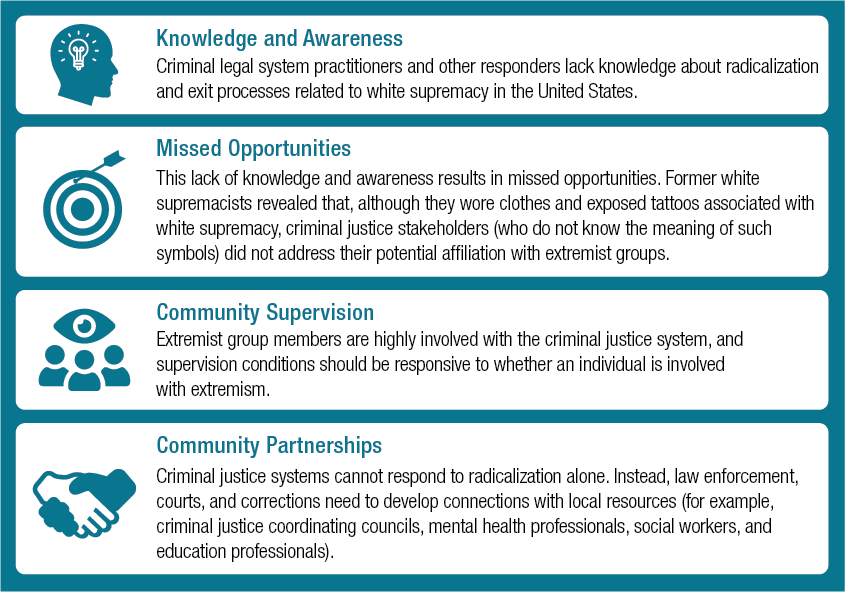Exhibit 1. Missed Opportunities for Intervention and Practical Solutions
This image is Exhibit 1 in the NIJ Journal article What NIJ Research Tells Us About Domestic Terrorism.
Knowledge and Awareness - Criminal legal system practitioners and other responders lack knowledge about radicalization and exit processes related to white supremacy in the United States.
Missed Opportunities - This lack of knowledge and awareness results in missed opportunities. Former white supremacists revealed that, although they wore clothes and exposed tattoos associated with white supremacy, criminal justice stakeholders (who do not know the meaning of such symbols) did not address their potential affiliation with extremist groups.
Community Supervision - Extremist group members are highly involved with the criminal justice system, and supervision conditions should be responsive to whether an individual is involved with extremism.
Community Partnerships - Criminal justice systems cannot respond to radicalization alone. Instead, law enforcement, courts, and corrections need to develop connections with local resources (for example, criminal justice coordinating councils, mental health professionals, social workers, and education professionals).


